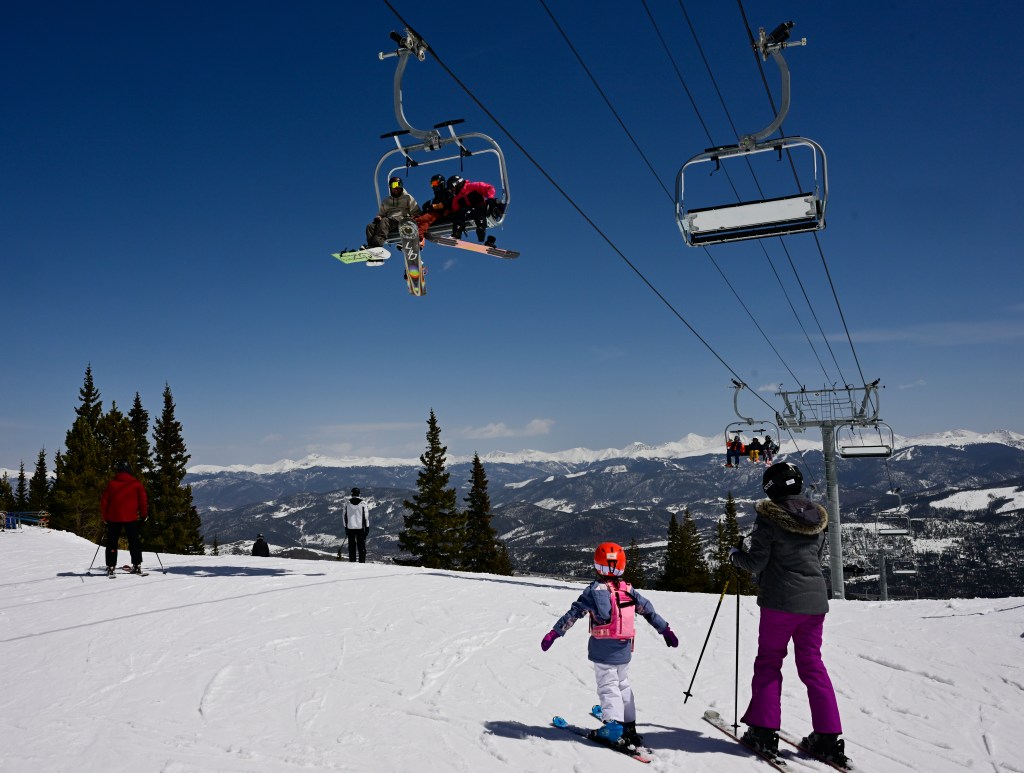Over the past two summers, the Alterra Mountain Company invested $37 million to upgrade Winter Park’s outdated snowmaking system, aiming to extend the ski season by opening before Thanksgiving and keeping it operational well into spring. This season, Winter Park has received 340 inches of snow, which is significantly higher than many Colorado ski resorts, with a base depth of just under 6 feet.
While several ski areas have closed for the season, Winter Park plans to remain open for another two weeks, depending on conditions, having previously operated until May 28th last year. Resort companies like Alterra and Vail Resorts have acknowledged the impact of climate change in their snowmaking investments but emphasize that their primary goal is to extend ski seasons. Vail Resorts has spent over $100 million on snowmaking improvements across its locations.
The average ski season length in the Rocky Mountain region has varied from 122 to 132 days over the past decade, but recent seasons have exceeded 130 days. Winter Park has recorded over 200 days of skiing in the last two seasons and aims to maintain this trend. By ensuring a solid snow base early in the season, resorts can better withstand warmer spring temperatures, which reduces thawing issues.
Eldora Ski Resort is also seeking to expand its water storage capacity for snowmaking, reflecting a broader industry concern about future water supplies amid climate change. Overall, ski resorts are increasingly investing in snowmaking to provide more reliable and consistent conditions throughout the ski season, positioning themselves to navigate the uncertainties posed by climate trends.
Source link


